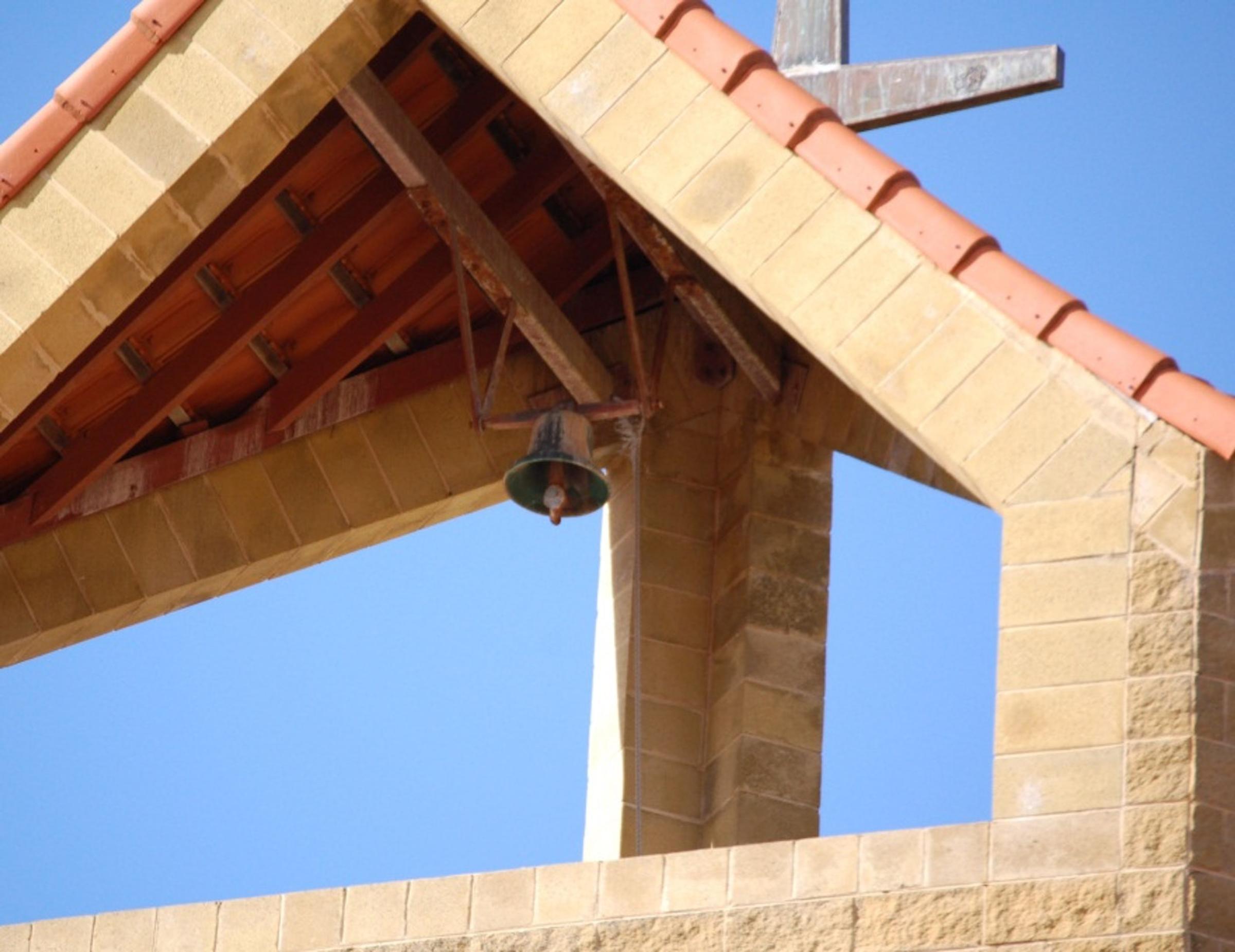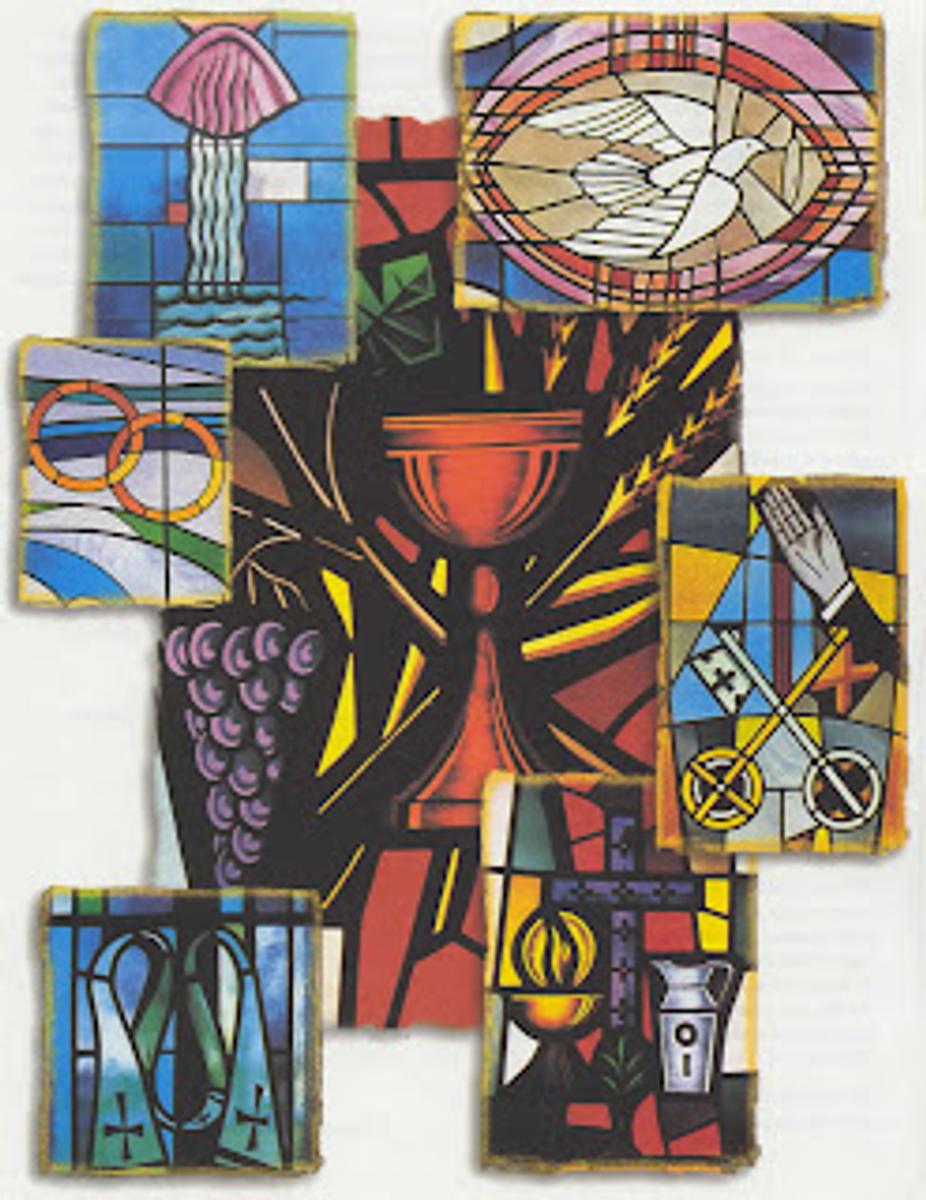Faith and Mission

Live Simply Day
‘It is a return to that simplicity which allows us to stop and appreciate the small things, to be grateful for the opportunities which life affords us, to be spiritually detached from what we possess, and not to succumb to sadness for what we lack.’
Pope Francis Laudato Si
Live Simply Day will take place on Friday, 15 March. The day is an opportunity for secondary students, staff, and our broader John XXIII College community to respond to the Church’s call to live simply, sustainably, and in solidarity with the world’s poorest. It is an invitation to follow in the footsteps of Jesus, who lived and preached a simple life, and to take meaningful action on the ecological crisis we face today.
The ecological crisis is a complex crisis that includes both the social crisis (global poverty, injustice, social inequality) and the environmental crisis (climate change, species loss, pollution of land, sea and air).
To live simply is to set an intentional path towards slowing down, finding time to be with God, consuming less, connecting with the natural world, finding happiness and joy in the things that really matter, discovering a more meaningful life, and opening our hearts to the needs of others. It reflects the three pillars of lent: prayer, fasting, and almsgiving.
Live Simply Day is an opportunity for personal reflection, prayer, and the celebration of the Eucharist at our 8:00am Community Mass, combined with learning and action. On the day, students are encouraged to live more simply and consume less, take shorter showers, ride or walk to school, limit social media, or have a simple lunch of bread and butter. Students are encouraged to invite friends and family to sponsor them for their efforts. The funds raised support Caritas Australia’s Project Compassion campaign.
Janeen Murphy
Deputy Principal Faith and Mission
Way of the Cross
During the season of Lent, crosses have been placed in various points around the campus, to form the ‘Way of the Cross’. Although the crosses are numbered 1-14, people are free to choose just a few, or even just one for their own personal reflection. There is no ‘correct’ way.
If people would like a more structured walk, there is a scripted version in PDF format, which can be accessed with a QR code. This also includes a map and a couple of suggested routes.
Walking and pilgrimage are part of our Christian and Judaic heritage. Walking the Way of the Cross at the College is a mini-pilgrimage into beautiful little places on the College grounds, as well as participation in a centuries-old Lenten tradition. It reminds Christians of the last hours in the life of Jesus, and of the great love that God has for humans and for all of Creation, by entering into their world and journeying in their experiences, including pain, suffering and death.
Community Mass
Thank you to students in Koolyangarra House who prepared this morning’s liturgy, where we proclaimed the readings of the Fourth Sunday of Lent, in anticipation of the Mass of this Sunday (or Saturday evening). Hearing the readings broken open helps many to prepare for the larger, busier parish celebrations.
Friday, 15 March
Students in Campion House will prepare the Mass. The presider will be Fr Stephen Sinn SJ. Everyone is welcome. After Mass the conversation continues over coffee in the café!
Friday 22 March
Community Mass will be preceded by a Procession of Palms. Led by Homeroom leaders, who will take their palms to Homeroom, this procession marks the beginning of Holy Week, the most important week in the Christian year. The liturgy begins in the Library Courtyard at 7:30am. Families are also invited to the Courtyard at 7:30am and to join in the procession to the Chapel for the Eucharist.
Do you have a child in Years 3, 4 or 6?
Parishes have begun enrolling for their Sacrament Programs and parents are encouraged to enrol their child in their ‘home’ parish.
The program is family-focused, parish-based, Catholic school-supported. This means that parents are respected as first educators in the faith of their children.
The family is supported by the College Religious Education program. In Year 3, students are taught the content for First Reconciliation; in Year 4, the content for First Holy Communion and in Year 6, the content for Confirmation. Students celebrate these sacraments in their parish.
Each Parish has their own unique Sacrament program. Some parishes located nearest to the College have supplied details about enrolment and dates, including City Beach, Claremont, Doubleview, North Beach and Subiaco. Please see the Parish Sacrament Programs page on the College website.
Parents often have questions about the Sacrament program, so don’t be afraid to ask:
- Your parish priest or Sacrament Coordinator
- The Archdiocesan website;
- Email Mary-Anne Lumley or phone on 08 9383 0513.
Season of Lent
There are six Sundays in Lent and this weekend is the Fourth Sunday. Reverend Professor Michael Tate gives us a reflection based on this Sunday’s readings.
How does God picture us? Of course, He knows each one of us intimately, holding every molecule of our body in existence at every moment. But, how does God think of us?
Does God regard humanity as being on a sort of parole, always having to fulfil certain conditions to the letter, otherwise to be condemned to everlasting punishment? But we read in today’s Gospel that God sent his Son into the world not to condemn it, but to save it. So, the condemning portrayal of God does not seem to be on the right track.
What does St Paul reveal as one of God’s favourite ways of regarding us?
‘We are God’s work of art, created in Christ Jesus, to live the good life as from the beginning He had intended us to live it.’
God is an artist working on a cosmic scale. What an artistic imagination: stars, caterpillars, the oceans, rhinoceroses, you, me. We humans are God’s imagining – God’s image-ing – at its best.
The Greek word for this work of art is poiema. We get our word ‘poem’ from it. You and I, each one of us is one of God’s poems still being written; we are works in progress.
Just as an artist respects the medium he or she is working in, whether it be oil or crayon or marble or metal, so too God respects us as human beings with free will. Which is why God’s works of art don’t always look the way He intended!
Now, if one has a work of art in the house, for example a particularly nice vase, or a picture or print that means a lot to you, or perhaps the first sketch by a grandchild, do you put it in the darkest corner of the room, more or less obscured from view? Or do you allow just enough light to fall on it so as to reveal how terrific it is, why it gives you pleasure? Of course, the latter.
Now, if we are God’s work of art, God wants exactly the same. God wants us to be revealed in the light. What sort of light? This is today’s Gospel. Christ our Light came into the world not to condemn it, but to save it.
Of course, it might be necessary for the Light to dispel some darkness, some shadow dimension of our lives. In this regard Christ is a healing Light in the first phase of our exposure to him. But Christ not only casts his Light on us to heal us, but to illuminate us in a way which more clearly reveals the love which the Divine Artist has for creation.
Which is why we can together say with St Paul:
‘We are God’s work of art, created in Christ Jesus to live the good life, as from the beginning he had intended us to live it.’
Rev. Prof. Michael Tate was a Senator for Tasmania from 1978-93 and Ambassador to The Hague and the Holy See from 1993-96. He is currently Vicar-General in the Archdiocese of Hobart and is an Honorary Professor of Law at the University of Tasmania, where he lectures in International Humanitarian Law. This reflection is used with permission.



